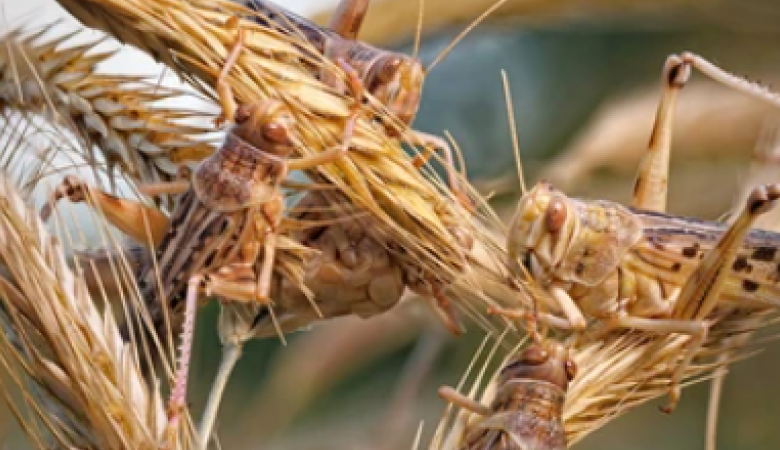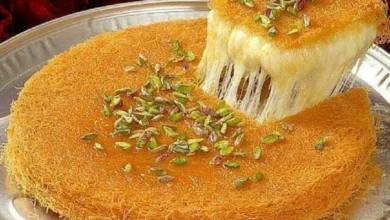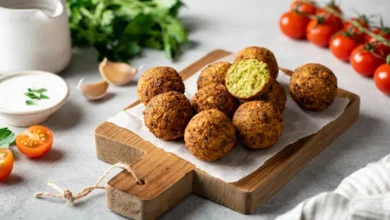Flying feast: Locusts as an unexpected culinary delight

In Kuwait, locusts have unexpectedly become a widely embraced culinary choice, not only as a viable source of nutrition, but also as a delicacy. Preferences among Kuwaitis vary when it comes to consuming locusts, with some favoring them boiled until soft, while others prefer them crispy.
In an interview with Kuwait Times, Bu Abbas, a locust vendor, shared that locusts, once considered an unconventional choice, have evolved from a niche curiosity to a thriving aspect of local gastronomy, challenging preconceived notions about what can be considered a palatable and sustainable source of nutrition.
“Locusts are imported during the winter from Madinah, Saudi Arabia. We order 100 to 150 bags from Saudi Arabia to sell them at the truffle and locust market located in Al-Rai,” Bu Abbas explained. According to him, this insect “resembles a shrimp, and its meat is very delicious, especially the female. However, he noted that it can be salty, revealing that Kuwaitis prefer to eat “almkn”, the female locust, due to its large size, rather than “alasfor”, the smaller male locust.
Bu Abbas sells dozens of bags daily, and there is great demand from Kuwaiti citizens. He mentioned that locust prices fluctuate, but generally range between KD 5 and 10 for a bag, whose weight ranges from 150 grams to half a kilo. “We sell hundreds of bags of locusts during the season that extends from January until the beginning of summer, as the locust season ends when temperatures rise,” he explained.
Locusts can be stored for up to five years, whether in refrigerators or by drying them, Bu Abbas said. He stressed that eating locusts has many benefits, as they may serve as an alternative to traditional protein sources. “Locusts are a medicinal food for humans. There are positive effects of consuming locusts. Locusts are eaten whole, and even when soaked, the soaking water can be used as medicine for many diseases,” he noted.
Preparing locusts for consumption involves a meticulous process that requires attention to detail. According to one practitioner of this unique culinary tradition, it takes approximately half an hour to cook locusts thoroughly. After draining them of water and removing any unwanted parts, Kuwaitis typically consume them immediately. Alternatively, for those who prefer a crunchier texture, locusts can be roasted in the oven. “You have to wash them properly, then boil them until they die and stop moving. You will know when they are ready from the smell,” he told Kuwait Times.










